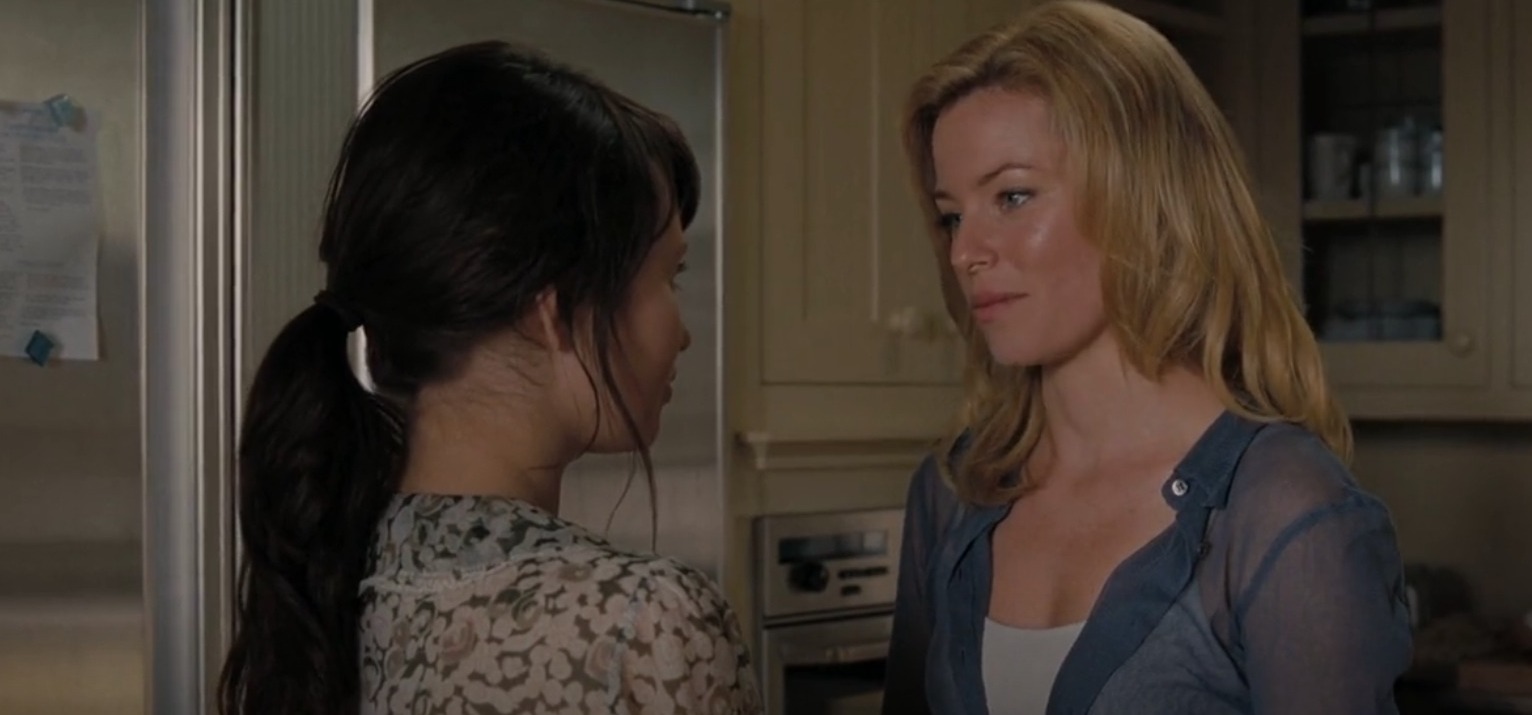Directed by the Guard Brothers, ‘The Uninvited’ is a 2009 psychological horror film set in a sleepy town in Maine. The film revolves around the tumultuous relationship between Anna Ivers, a teenager recently released from a psychiatric institution, and her father’s new girlfriend, Rachel Summers. As the narrative progresses, Anna is haunted by disturbing visions and violent events that are linked to the family’s dark history. Given the crazy plot twists and startling character motivations, viewers must be curious to learn whether the plot of ‘The Uninvited’ is inspired by real events or a true story.
The Inspiration Behind The Uninvited
No, ‘The Uninvited’ is not based on a true story. The film is an adaptation of the 2003 South Korean movie ‘A Tale of Two Sisters’ (also known as ‘Janghwa, Hongryeon’). It is directed by written and directed by Kim Jee-Woon (‘Dr. Brain‘). The South Korean film itself is based on a Korean folktale that dates back to the Joseon dynasty era, which revolves around two sisters. The folktale is titled ‘Janghwa Hongryeon Jeon,’ which loosely translates to ‘The Story of Janghwa and Hongryeon.’ It has been adapted into several films across different decades by different directors.

The basic premise of the tale follows two sisters who come into conflict with their stepmother and step-brothers. However, writer-director Kim Jee-Woon adapted the original folktale for a contemporary audience, making several changes to the source material. In the South Korean film, the central premise follows Su-mi, a young girl who has recently been released from a mental institution. After returning home, she reunites with her younger sister, Su-yeon, and has disturbing visions of her mother. The sisters soon come into conflict with her stepmother. As a result, Kim Jee-Woon’s interpretation of the Korean folk tale is centered on a more nuclear family, fitting for a modern audience while retaining some of the horror elements of the source material.
The American remake is helmed by director duo Charles and Thomas Guard, better known as the Guard Brothers. The screenplay was written by the trio of Craig Rosenberg, Doug Miro, and Carlo Bernard. The creative team behind the American iteration once again made several changes to Kim Jee-Woon’s version of the folktale. While their script retains the central elements of the story, such as a young girl experiencing mental health issues after her mother’s death, it changes the girl’s stepmother to her father’s new girlfriend.
Nonetheless, both characters essentially serve the same role in the story. However, the American version features an elder sister for the protagonist instead of a younger sister. The film’s story follows roughly the same beats as its South Korean counterpart until the Third Act, where the twists are significantly different. Hence, ‘The Univited’ can be seen as a fresh interpretation of the original Korean folktale while still borrowing heavily from the 2003 South Korean film.
Directors Charles and Thomas Guard revealed in an interview that they were attracted to the story because of its family elements. They described the story as a study of a family wrong. The brothers wanted to explore the intricacies of the relationship between the family members when an outsider enters their space. By routing the movie’s central conflict in the family themes, the narrative remains closely tied to the original folktale that inspired it. Producer Laurie MacDonald also noted that the film’s story resembles the Grimms’ fairy tales, which often speak about human fears through mystical elements.
All things said, ‘The Uninvited’ is not based on a true story. The film is an adaptation of the 2003 Korean film ‘A Tale of Two Sisters.’ It makes several changes to its source material but remains true to the themes and spirit of the original folktale that inspired both iterations. At its core, the film explores the psychological impact of a broken family bond and the conflict that arises from it. Therefore, the characters’ motivations are rooted in realism, while the plot of ‘The Uninvited’ itself remains entirely fictional.


You must be logged in to post a comment.